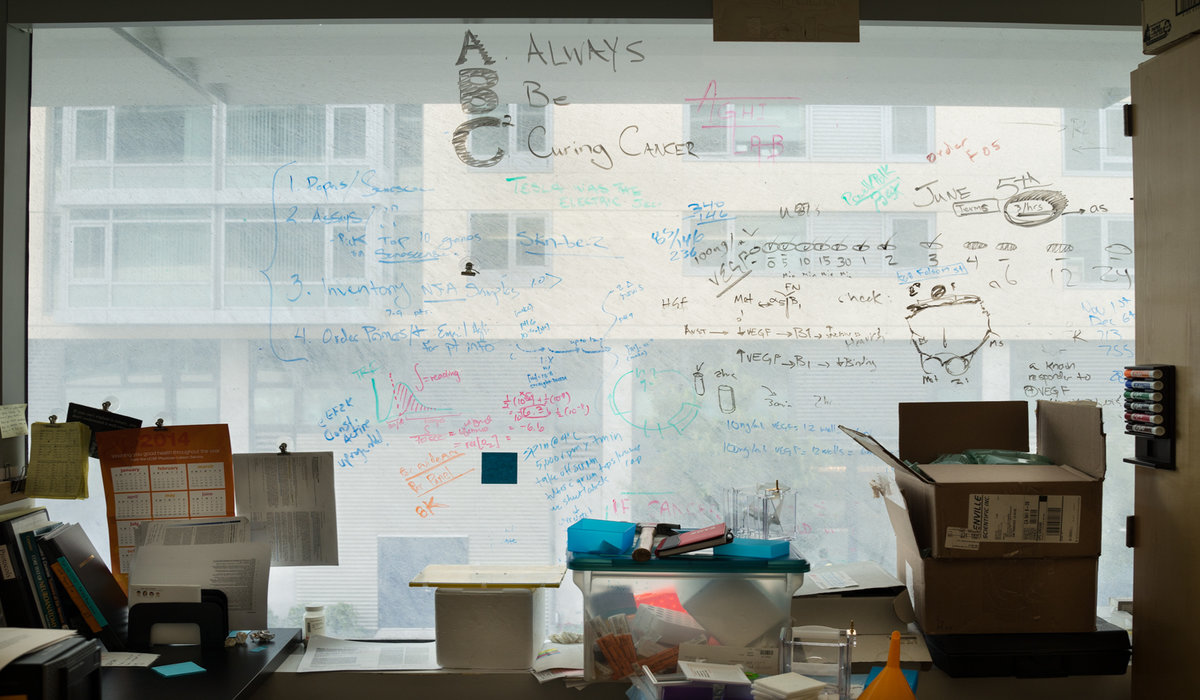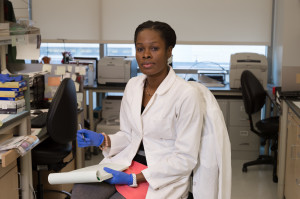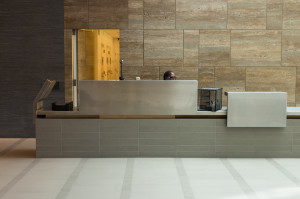‘Way Beyond the Buildings’: UCSF Mission Bay Campus
Resource type: News
The Atlantic Philanthropies | [ View Original Source (opens in new window) ]

Atlantic invested heavily in UCSF’s Mission Bay campus—providing $290 million in grants—which helped realize many of the buildings on the site.

‘Think big’
Not far from downtown San Francisco, the abandoned railway yard at Mission Bay had been neglected for years. UCSF owned 57 acres of the 300-plus acre plot—and had lots of ideas for how to use it, but lacked funding. Atlantic sensed a strategic opportunity. “Chuck always pushes people to think big,” says Regis Kelly, now director of QB3, a University of California affiliated institute devoted to biology and the life science industries.
Dr. Kelly worked closely with Atlantic and Mr. Feeney to develop Mission Bay holistically, beyond just the UCSF medical campus. “We’re surrounded by his donations here,” Dr. Kelly says. “This whole plot of land has mushroomed into a living space, with … housing and companies from all over the world who want locations here—all because of him.”
“Chuck’s philanthropy has made it possible for us to recruit and retain people that we would have never been able to attract or would have lost without that support. We’ve been able to recruit stellar scientists in cardiovascular research as a result of the fact that we have these spectacular facilities.” — Mark Laret, CEO of UCSF Medical Center
Atlantic’s key strategic investments include:
- UCSF Smith Cardiovascular Research Building, home to cutting-edge research illuminating cardiovascular and pulmonary biology and disease
- UCSF Mission Hall (Global Health & Clinical Sciences Building), which focuses on the strengthening of health systems in developing countries and the translation of evidence into health policy
- UCSF Helen Diller Family Cancer Research Building, which supports UCSF’s ability to expand and accelerate cancer research, and
- UCSF Medical Center at Mission Bay, which stretches for two city blocks and includes the UCSF Benioff Children’s Hospital, the UCSF Betty Irene Moore Women’s Hospital and the UCSF Bakar Cancer Hospital.

A transformative effect
Building all of these facilities in close proximity, for a world-class institution, in a dense urban environment like San Francisco, has had a transformative effect. In addition to the lifesaving work—research and patient care—happening at Mission Bay, something more has been produced: “There’s an energy about that campus that’s way beyond the buildings and way beyond what’s going on in them,” Mr. Laret says. “People are stunned by it physically but they’re even more stunned by what it’s doing conceptually. It has really changed the whole business model of research and health care delivery.”
See the difference buildings can make. Visit Laying Foundations for Change >